
Since its creation in 1974 by Gary Gygax and Dave Arneson, Dungeons and Dragons has captivated the imaginations of millions around the world. Through its unique blend of character creation, storytelling, and strategy, the game offers endless possibilities for adventure and exploration. Dive into the rich history, captivating gameplay mechanics, and expansive cultural impact of this iconic tabletop role-playing experience as you embark on a journey into the immersive world of Dungeons and Dragons.
The Roots of Dungeons & Dragons
Dungeons & Dragons (D&D) was created in 1974 by Gary Gygax and Dave Arneson, who were fans of tabletop war games. They wanted to create a new kind of interactive role-playing game that incorporated elements of fantasy literature and creative storytelling.
Since its inception, D&D has undergone numerous revisions and changes, with each version refining and expanding the game to ensure it stays relevant and engaging. Today, the game is played by millions worldwide.
The Evolving Game
From the original D&D set to the Basic Set released in 1977, followed by the First Edition of Advanced Dungeons & Dragons in 1978, the game continued to evolve and refine its rules and mechanics. Dungeons & Dragons 3rd Edition, released in 2000, coincided with the rise of the internet, which provided a significant boost to the game’s popularity. The release of Dungeons & Dragons 5th Edition in 2014 revitalized the game once again, with a more accessible rule set and broader appeal.
The Rise of Online Communities
The internet has played a significant role in the growth of Dungeons & Dragons. Online forums, fan-generated content, and digital tools have created a broader and more inclusive community, attracting a diverse range of players. The creation of D&D-based video games, like Neverwinter Nights, has exposed the game to a whole new generation of gamers.
The Enduring Popularity of Dungeons & Dragons
For the past five decades, Dungeons & Dragons has evolved from a niche hobby to an iconic cultural phenomenon enjoyed by millions worldwide. The continual growth and evolution of the game, driven by its creators and embraced by a steadily expanding community, has contributed to its lasting popularity.

Photo by riddywankenobi on Unsplash
Basic Gameplay and Mechanics
Dungeons & Dragons (D&D) is a tabletop role-playing game (RPG) that relies on a series of core mechanics to provide a collaborative storytelling experience. One of the most distinguishable aspects of D&D is the use of the twenty-sided die (d20), which plays a crucial role in determining the outcomes of players’ actions during gameplay. The d20 generates a random number between 1 and 20, introducing an element of chance and uncertainty, keeping players engaged and on their toes. Currently, there are around 13.7 million players worldwide who enjoy the excitement of D&D. As the game continues to reach new audiences and shed its niche status, this number is expected to grow even further.
The core mechanics of D&D revolve around its six primary abilities: Strength, Dexterity, Constitution, Intelligence, Wisdom, and Charisma. These abilities define each player’s character and shape their interactions within the game’s world. Each ability has a corresponding numerical score, typically derived by rolling a set of six-sided dice, which influences the success or failure of various in-game actions. For instance, a high Strength ability score would give a character an advantage in physical combat, while a high Wisdom score would allow them to quickly identify threats and sense hidden motives.
Characters Progress and grow throughout the game
As players progress through the game, characters can develop and grow, with abilities strengthening or weakening as a result of their experiences. This sense of growth and customization helps to create a more personal and engaging gaming experience for each individual. As players become more invested in their characters and the world around them, the popularity of the game continues to rise. Dungeons and Dragons has come a long way from its original release in 1974, with the number of active players increasing thanks to new resources, such as the online platform Roll20, which hosts over 5 million registered users.
These abilities interact during gameplay through a mechanic known as skill checks. When a player wishes to execute an action, they roll a d20 and add their relevant ability modifier (derived from the ability score) to the result. This total is then compared to a predetermined target number or opposed roll set by the game master (GM). If the player’s total meets or exceeds the target number, the action is successful, and the story progresses accordingly, often leading to unexpected and exciting developments.
With its complex mechanics, D&D can be intimidating to new players, but mastering the intricacies of abilities and their interactions is a rewarding and engaging experience. Players often form close-knit groups, regularly meeting to play and collaboratively write their story, fostering a strong sense of camaraderie. Millions of people, drawn to the unpredictable and exciting nature of the d20, continue to immerse themselves in the world of Dungeons and Dragons, and its ever-growing popularity shows no sign of waning.

Character Creation
Character creation is a critical aspect of Dungeons and Dragons (D&D) gameplay, setting the foundation for each player’s experience throughout the campaign. The game’s widespread appeal has led to an estimated 13.7 million players worldwide as of 2017, according to statistics provided by Wizards of the Coast, its publisher. One of the main attractions for these players is the wide array of options available when producing their unique characters. The process typically involves choosing a race, class, and background – all of which contribute to a character’s abilities, role, and personal story within the game.
Selecting a race is the first step in character creation, with players choosing from a diverse range of options such as humans, elves, dwarves, and numerous other fantastical species. Each race has its own unique traits and abilities that can influence a character’s abilities and role within the game. For example, elves are known for their grace and proficiency in magic, making them natural spellcasters, while dwarves are sturdy and strong, often fulfilling the role of fighters within a party. The variety of available races allows players to explore different archetypes and fantasy concepts, contributing to the ever-growing number of people attracted to D&D.
Your character type determines your play style.
The next crucial decision in character creation is the selection of the character’s class, effectively determining the abilities and role a character will play within a party. Players can choose from a variety of class options such as wizards, rogues, fighters, and clerics, each with their own unique set of skills, weapons, and spells. This wide range of class options allows players to tailor their characters to their preferred playstyle and engage in dynamic gameplay that suits them best. As a result, people with diverse interests and preferences are brought together by the game’s versatile character options.
A character’s background stands as another important factor in the character creation process, providing a personal story that informs a player’s role-playing and overall interaction with the game world. Choosing a background can provide opportunities for creative storytelling and further exploration of the character’s motivations, strengths, and weaknesses. Background options may include aspects such as being an orphan, a sage, or even a pirate. This aspect of character creation offers players a unique and immersive experience, as they continue to develop and discover their character’s story throughout the campaign.
Dungeons and Dragons, a game filled with endless possibilities, has attracted millions of people worldwide who engage in a shared storytelling experience. The elaborate character creation process offers numerous options for race, class, and background selection, enabling each player to create their ideal fantasy character and determine their own path through an immersive, role-playing adventure. As more people discover the captivating aspects of character creation and its impact on their gameplay experience, the number of D&D players globally is likely to continue to grow.
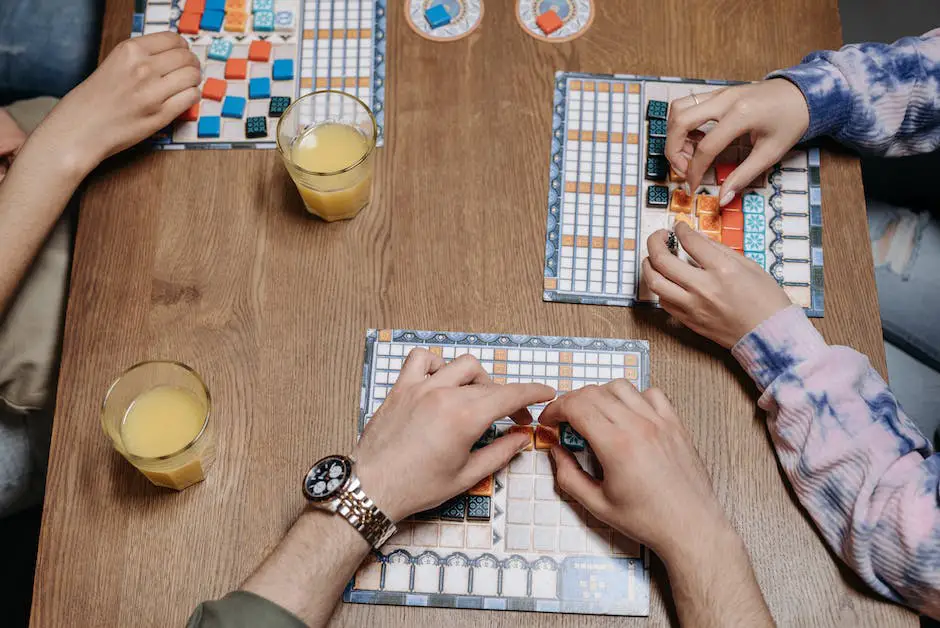
Roleplaying and Storytelling
The popularity of roleplaying and collaborative storytelling has increased in recent years, largely due to the growth of tabletop roleplaying games (TTRPGs) like Dungeons & Dragons (D&D). This resurgence of interest in roleplaying games emphasizes the shared responsibility of the players and the Dungeon Master (DM) in crafting an immersive and enjoyable experience for everyone involved.
The importance of roleplaying goes beyond simply providing entertainment; it also offers players a unique opportunity to develop their creativity, problem-solving skills, and social abilities. As each participant takes on the persona of their character, they are tasked with making decisions and taking actions that will shape the course of the story. This is where the collaborative aspect of roleplaying shines, as each player’s choices have the potential to affect the entire group and the unfolding narrative. In D&D, this collaboration between players takes on even greater significance, as the outcome of the game often relies heavily on teamwork and strategic thinking.
Why Storytelling is important in D&D
A crucial component of this collaborative storytelling experience is the relationship between the players and the DM. The DM is responsible for developing the world and scenarios in which the players’ characters will navigate, as well as acting as a referee and storyteller throughout the game. This role requires a great deal of flexibility and creativity, as a skilled DM must be able to adapt to the sometimes unpredictable actions of their players.
Additionally, the Dungeon Master’s ability to create engaging and dynamic encounters significantly contributes to the enjoyment of the game for all participants.Conversely, the players themselves also bear a significant burden in creating the immersive experience that attracts so many people to D&D and other roleplaying games. They are responsible for developing their characters, making decisions in character, and engaging in interactions that drive the story forward. For the game to be truly enjoyable, players must be willing to commit to staying in character and collaborating with their fellow adventurers. A successful game depends on the synergy between the players and the DM, as well as the collective enthusiasm and dedication to the shared storytelling experience.
The rising popularity of roleplaying games such as Dungeons & Dragons can be credited to their distinct emphasis on collaboration and storytelling. The combined efforts of players and the Dungeon Master contribute to a rewarding experience that enables participants to unleash their creativity, bolster social connections, and acquire valuable life skills. As more individuals delve into this captivating form of entertainment, the significance of roleplaying and cooperative storytelling within modern culture continues to expand.

Combat and Encounters
Combat and encounters represent critical elements of Dungeons & Dragons (D&D), attracting a substantial number of enthusiasts from across the globe with each passing year.
One of the main features of D&D combat is the turn-based system, which ensures an organized and structured playing experience.In addition to the turn-based system, D&D combat also emphasizes the importance of actions.Movement plays a crucial role in D&D combat, as positioning can be the difference between victory and defeat.
D&D offers a wide variety of encounter types, ensuring that players can experience diverse and engaging situations throughout their adventures.Dungeons and Dragons (D&D), the popular tabletop role-playing game, has grown in popularity over the years, with millions of players worldwide appreciating the excitement and challenge of combat encounters and the intricacies of the game’s rules and systems.
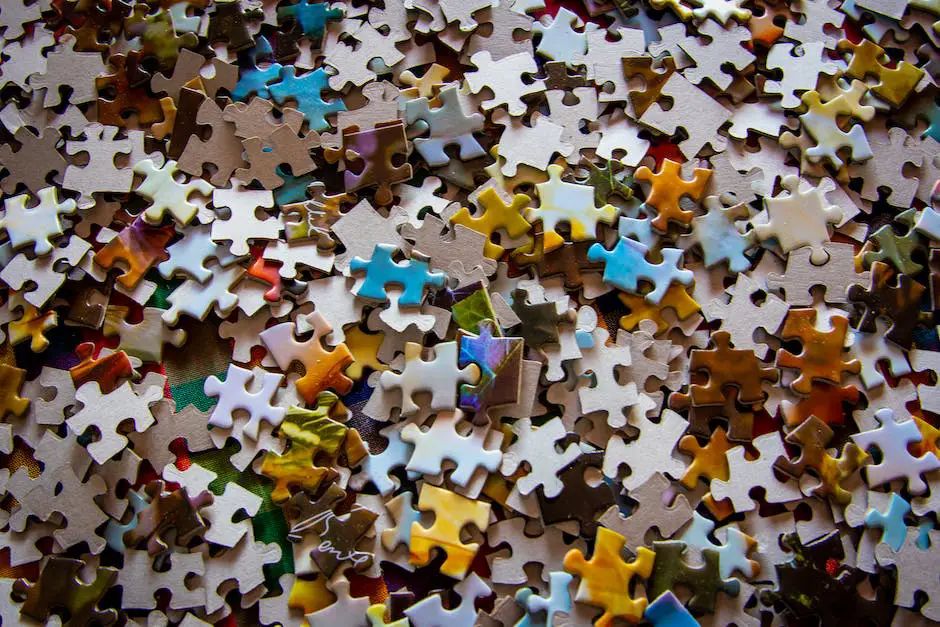
Dungeon Master’s Role and Responsibilities
The role of a DM is vital among the gaming group. They are the storyteller, creating a rich and immersive game world, and affecting the environment that the player characters (PCs) interact with. The DM crafts the world setting, non-player characters (NPCs), animals, merchants, and more. In essence, they are the gods of the game world, controlling everything but the actions of the PCs. The DM has to think on their feet and make decisions affecting the game world as players make choices that may not have been anticipated. This ability to adapt and respond with creativity can make or break a gaming session.In addition to creating the game world, the DM is responsible for guiding player interactions by presenting challenges, scenarios, and NPCs that the players can interact with.
These challenges could be as simple as a riddle or as complex as a political intrigue involving various factions. DMs need to be attentive to their players to ensure they are fully engaged and enjoying the game, balancing the difficulty of the challenges and finding the right pace for the players.Moreover, the DM must manage the mechanics of the game. This includes not only the rules of gameplay and combat but also the character progression. As players gain experience and level up, the DM must keep in mind the various abilities the characters gain and tailor encounters to reflect the changing nature of the group of adventurers. The DM has to be knowledgeable about the rules and work within that framework. They must also make judgment calls when the rules don’t explicitly cover a particular situation, ensuring that the game remains consistent and fair for the players.
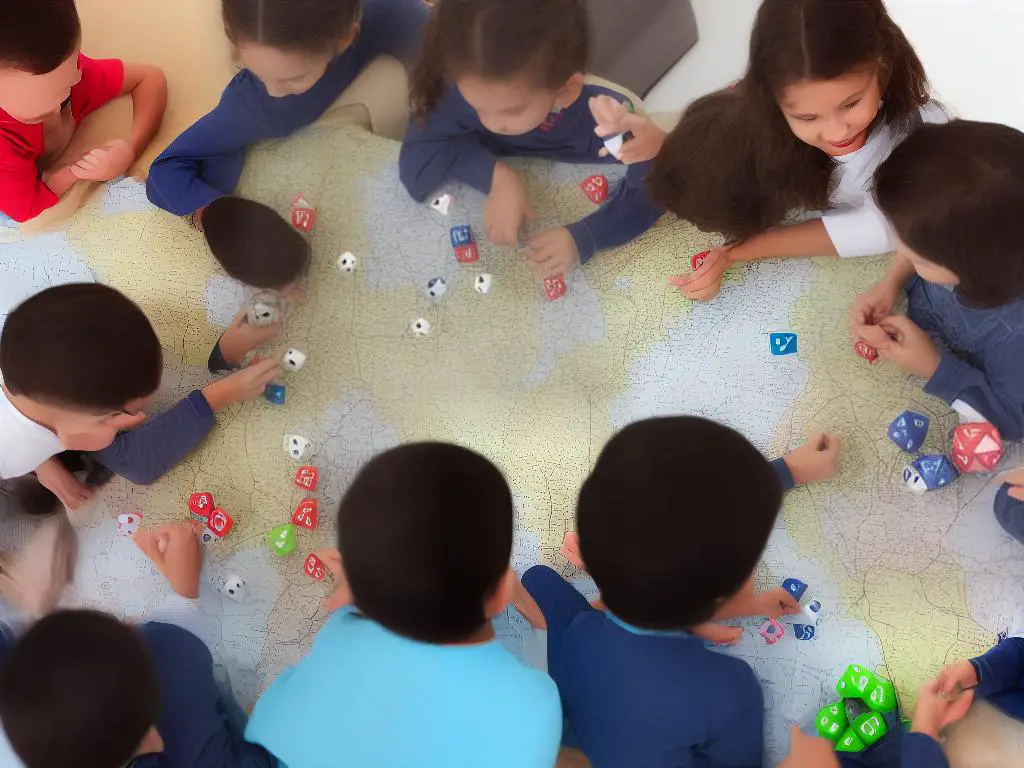
Online and Offline Play
Although the digital age has introduced new ways to play Dungeons and Dragons, such as online gaming, the heart of this role-playing experience remains gathering around a table with friends. These in-person events allow players to build deep connections with their characters and fellow gamers, immersing themselves in the world of imaginative storytelling and adventure. From physically rolling dice and hand-drawn battle maps to sharing real-time excitement and emotions, it is this tangible and engaging in-person experience that players continue to cherish and contribute to the widespread success of the game.
In recent years, online platforms like Roll20 and Fantasy Grounds have emerged, enabling players to connect virtually and play together, regardless of geographical location. These platforms provide digital character sheets, dice rolling, and virtual battle maps, making the game process smoother and organized. As a result, D&D has become more accessible, allowing people to play who might not have the time or opportunity to gather a group in person. This digital environment has also attracted new fans to the genre and encouraged new generations of players to learn and enjoy the game.
The rise in online play, is it all positive?
The rise in online play has had both positive and negative impacts on the D&D community. On the one hand, online platforms have enabled more people to join the hobby and maintain interest in it. The digital tools provided make the game less intimidating for newcomers, helping them understand and manage the complex rules and mechanics. Moreover, online play allows people with mobility issues or social anxiety to participate without feeling overwhelmed.
On the other hand, some D&D purists argue that online play lacks the spirit and camaraderie found in in-person gaming sessions. They believe that the face-to-face interactions, like celebrating a successful roll together or having side conversations about strategy, are essential elements of what makes D&D special. Additionally, technical issues, such as server downtime or lag, can disrupt online gaming sessions and detract from the experience.
Despite the differences between online and offline play, it is undeniable that the current state of the game is largely owed to the rise in its popularity, due in part to virtual platforms. Online platforms have fostered a surge of interest in the world of D&D, allowing people who might not have been able to participate otherwise to find a space to explore and connect. The number of people playing Dungeons and Dragons continues to grow, with the future of the game looking bright thanks to the ever-evolving options for both online and in-person play.
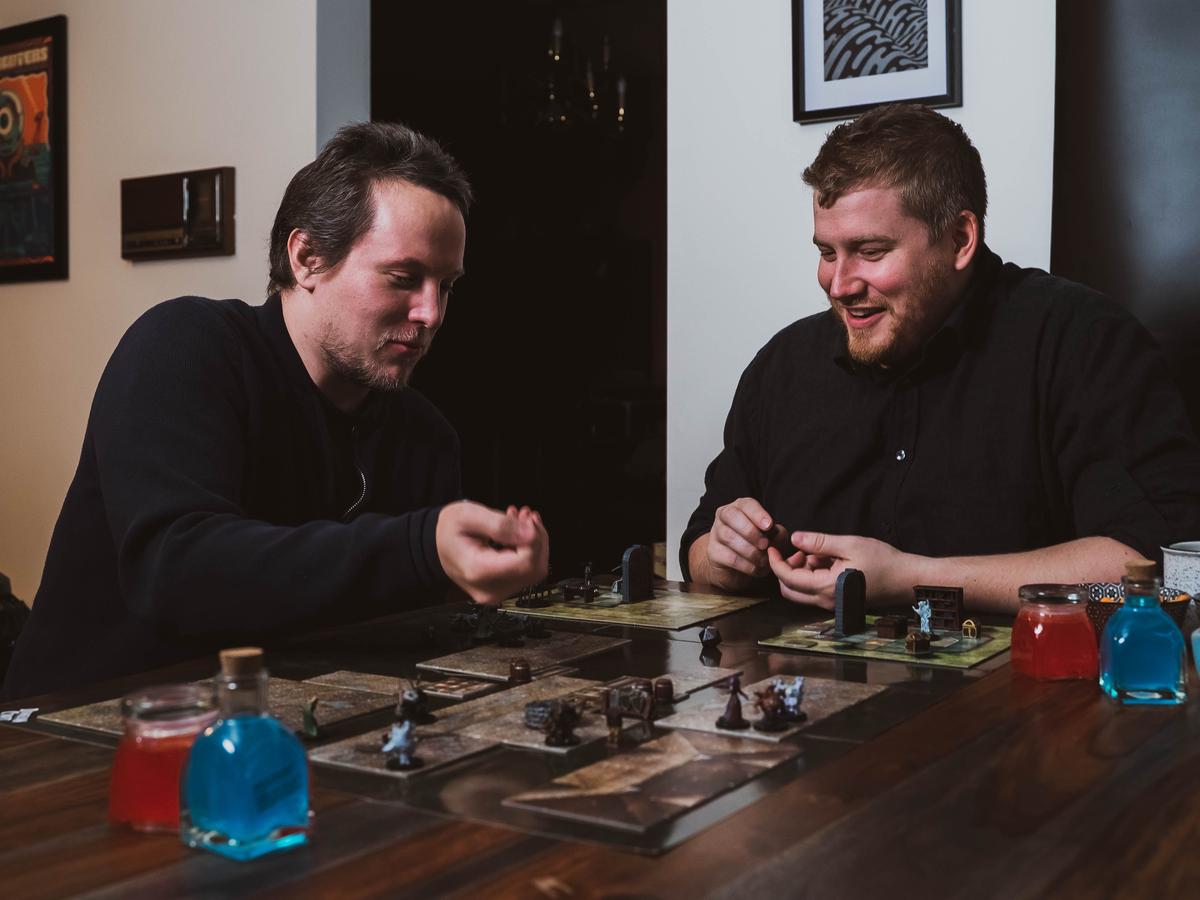
The Impact of Dungeons and Dragons on Popular Culture
Dungeons and Dragons (D&D) has had an undeniably significant impact on popular culture. Originally seen as a niche pastime, the tabletop role-playing game has transcended its humble beginnings, becoming a powerhouse of influence that touches countless aspects of pop culture, including literature, television, movies, and even the celebrity sphere.
The expansive universe and imaginative storytelling of D&D have made it a natural fit for adaptation into various forms of media. It has produced countless novels set within its universes, with notable series such as Dragonlance and Forgotten Realms, which have garnered massive followings themselves. D&D also made its way onto the big screen with the 2000 movie, Dungeons and Dragons, and the more recent Hollywood Blockbuster in 2023 which drew upon the game’s themes of race and magical creatures. Moreover, D&D adventures have also found their way into several video game adaptations, such as Baldur’s Gate and Neverwinter Nights, both of which have enjoyed tremendous success while bringing the world of D&D to wider audiences.
D&D references are now cropping up on Netflix’s top shows…
The television landscape has also been impacted by the influence of Dungeons and Dragons. The popular Netflix series Stranger Things, for example, prominently features D&D as a crucial element of the show, with its young protagonists bonding over shared adventures in the game. The show even went as far as to create a Stranger Things-themed D&D starter set to capitalize on its connection with the game. Furthermore, numerous TV shows, such as Community, The Big Bang Theory, and Freaks and Geeks, have included episodes with characters engaging in D&D gameplay, further attesting to the game’s prominent place in popular culture.
Celebrities and famous personalities have also expressed their enthusiasm for D&D, with some even becoming vocal advocates of tabletop gaming. Notable figures, such as Stephen Colbert, Vin Diesel, and the late Robin Williams, are known to have enjoyed D&D sessions as part of their pastimes. Online platforms, such as YouTube and Twitch, have provided a space for celebrities and content creators to broadcast their gaming sessions, further exposing the game to a wider audience. Critical Role, a popular web series where voice actors play D&D, exemplifies the reach and influence of the game, with its dedicated following and a highly successful crowdfunding campaign that raised over $11 million for an animated adaptation.
Breaking down stereotypes in Table Top Gaming Community
Dungeons and Dragons has also played a vital role in changing stereotypes surrounding tabletop gaming. While initially viewed as an activity for social outcasts, D&D has increasingly become a mainstream phenomenon that connects diverse communities of players from different backgrounds, thus reshaping the image of tabletop gaming as a whole. This change in perception has paved the way for the increased popularity of other tabletop games, such as board games and trading card games, which continue to enjoy growing audiences across the globe. With D&D’s substantial cultural footprint and continually expanding player base, the game is poised to remain a vital force in popular culture for years to come.
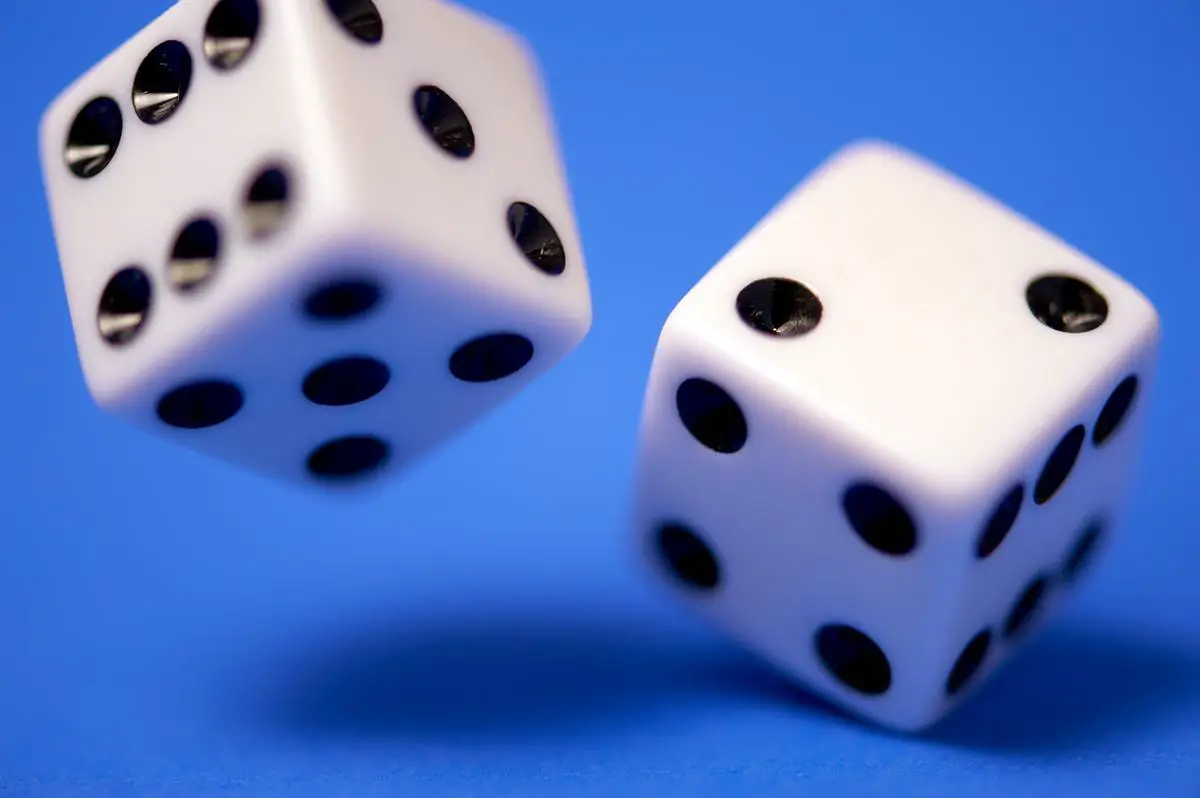
Photo by edge2edgemedia on Unsplash
Ultimately, the enduring appeal of Dungeons and Dragons lies in its ability to bring people together through a shared passion for storytelling, creativity, and adventure. As players continue to breathe life into unforgettable characters, forge lasting friendships, and explore fantastical realms, the game remains a timeless and cherished part of popular culture. Celebrating the intricate history, mechanics, and cultural impact of Dungeons and Dragons reminds us all of the true magic of tabletop gaming – the boundless potential for imagination and wonder in the world of role-playing games.
FAQ – Dungeons & Dragons: A Guide for the Curious
Q: What is Dungeons & Dragons (D&D)?
A: Dungeons & Dragons is a popular tabletop role-playing game where players create characters and embark on epic adventures in a fantasy world.
Q: Is D&D suitable for beginners?
A: Absolutely! D&D provides resources for beginners, including pre-made adventures, starter sets, and rules guides to help new players get started.
Q: How many players are needed to play D&D?
A: D&D can be played with a minimum of one Dungeon Master (the game organizer) and one player, although groups of 3-6 players are common.
Q: How can I find a group to play D&D with?
A: You can find D&D groups through local game stores, online platforms, social media groups, or by connecting with friends who are interested in playing.
Q: What are the basic rules of D&D?
A: The basic rules of D&D cover character creation, dice rolling mechanics, combat, exploration, and role-playing interactions within the game world.
Q: Can I create my own D&D adventures?
A: Yes! D&D encourages players to create their own adventures, campaigns, and worlds. The Dungeon Master has the freedom to craft unique experiences.
Q: Are there different editions of D&D?
A: Yes, D&D has gone through multiple editions. The current edition is the 5th edition, known as D&D 5E, which is beginner-friendly and widely played.
Q: Can I play D&D online?
A: Absolutely! Online platforms and virtual tabletops, such as Roll20 or Fantasy Grounds, allow players to connect and play D&D remotely.
Q: Are there resources available to learn more about D&D?
A: Yes, there are numerous resources available, including rulebooks, adventure modules, online forums, podcasts, YouTube channels, and blogs.
Q: How can I introduce D&D to others who are curious about the game?
A: Our blog offers a comprehensive guide for the curious, providing an overview of D&D, its mechanics, and tips for getting started. Share it with others to pique their interest!